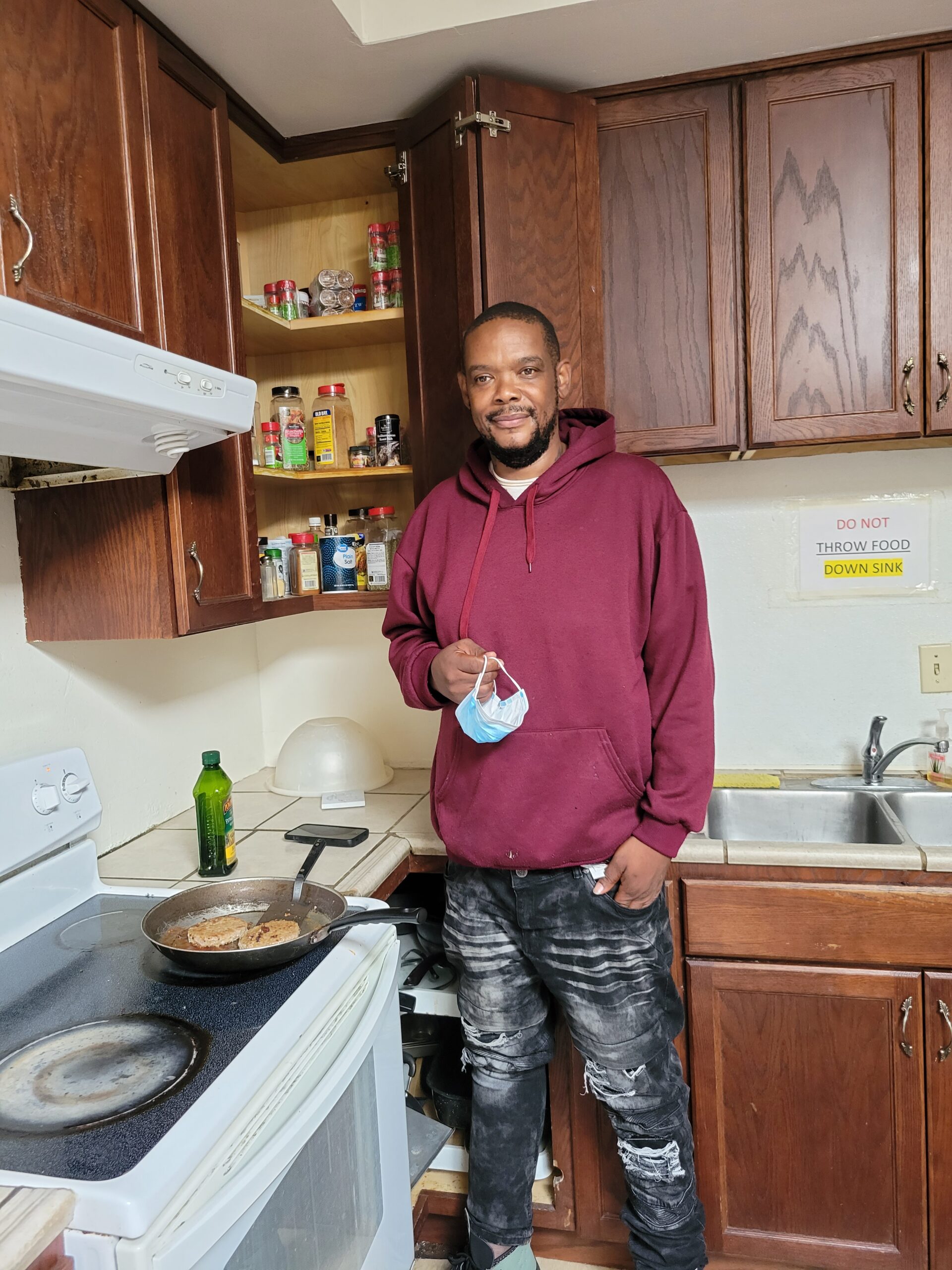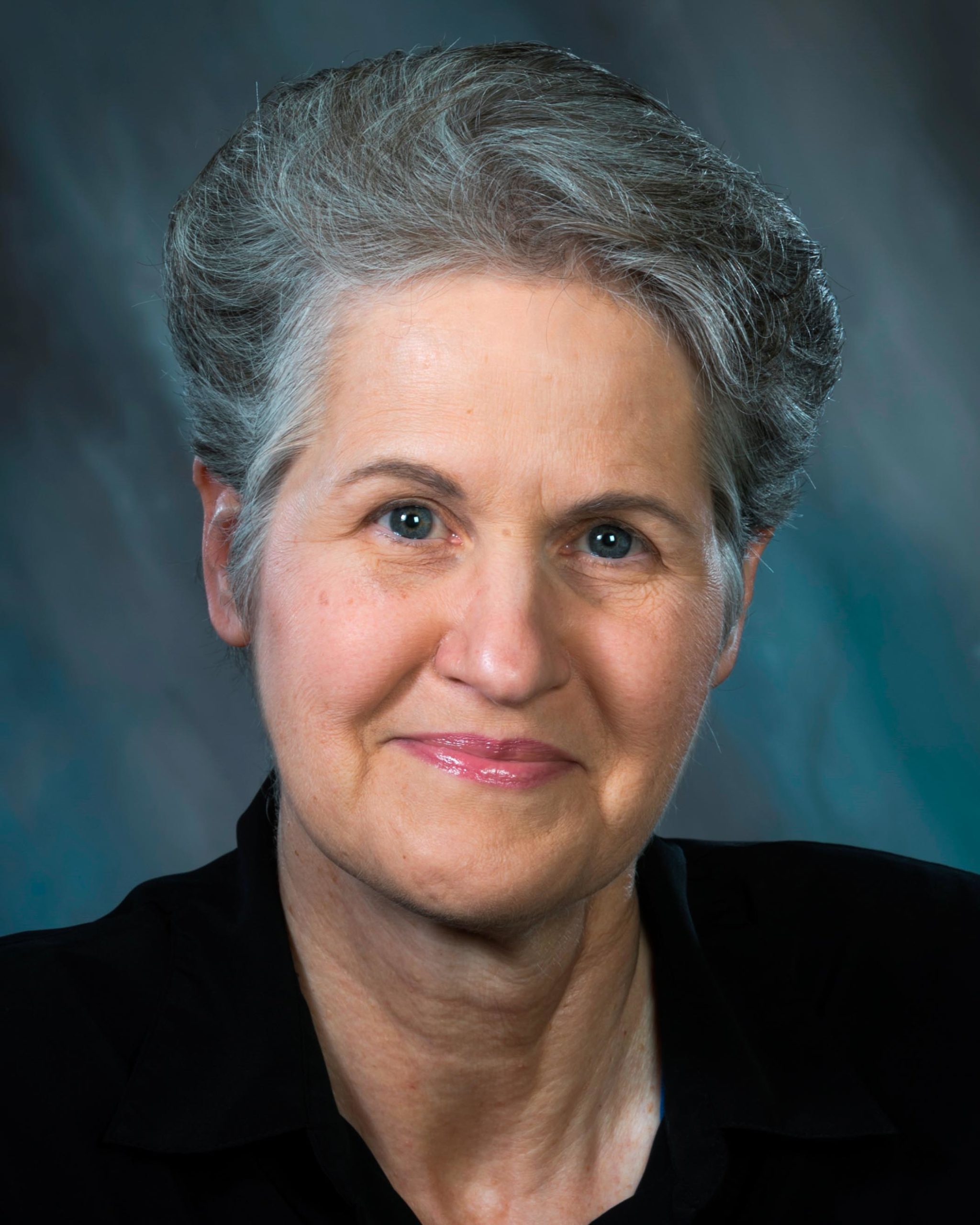

by Jill Allen
Maurice is straightforward about how he ended up living on the street in Chinatown and eventually made his way to the House of Peace Residence.
Here, in his own words, is his story.
“I know some of the people living out there, in Chinatown. We all grew up together. I was into partying, clubs, and wound up selling dope – living the high life.
“Then I caught a case – sales – while I was staying in a tent over on Lake Street. I spent some time in jail and when I got out I realized that no one had my back. I was alone.
After my dad died in 2019 I knew it was time to ‘man up.’ Here I was, alone on the street. My dad is always with me, in my heart, so I knew what to do.
I prayed and asked God to help me. The message I received was to stop selling drugs. And once I stopped, the doors began to open!
Fortunately, I was eligible for the Project Roomkey program in May 2020 during the worst days of the pandemic. I lived in a motel for about six months. At the end of Project Roomkey I knew I didn’t want to go back to the streets or back to jail.
I asked Dorothy’s Place for help getting off the street. I was persistent and kept coming back everyday to show I was serious. I went to the Drop-In Center every day and asked, ‘Got anything for me today?’ hoping for an acceptance letter to move into the House of Peace program.
When I was living outside I didn’t know that there were rooms upstairs at Dorothy’s Place. Now that I am living here, in the House of Peace program, I feel bad for the people outside, watching me go into Dorothy’s Place, to my clean, safe, peaceful home.
I’m 46 now, with diabetes, and on dialysis. I have a job. Two jobs. I’m working to move into my own place. When I was younger, before my life went in another direction, I wanted to go into music. I love to sing, Rap, and play keyboard.
My dream now is to become a barber. It fulfills the creative, social part of my personality. Most important, above all else now, is my son, Maurice, Jr. He is 13, living with family members. I love him and want to be in his life as a father and role model. I’m working on making it back to him and my family.
The House of Peace is wonderful. It is a stepping stone. I recommend it for anyone who wants to help themselves. I haven’t always been good at following rules and if I can do it, others can too.”
With love, respect and compassion, Dorothy’s Place provides essential services, transitional support and housing assistance to people experiencing the injustice of homelessness and extreme poverty.
Without your financial support, our work doesn’t happen. Join us! Stand with us as we assist people from street life to home life. Your solidarity is humbly and gratefully received.